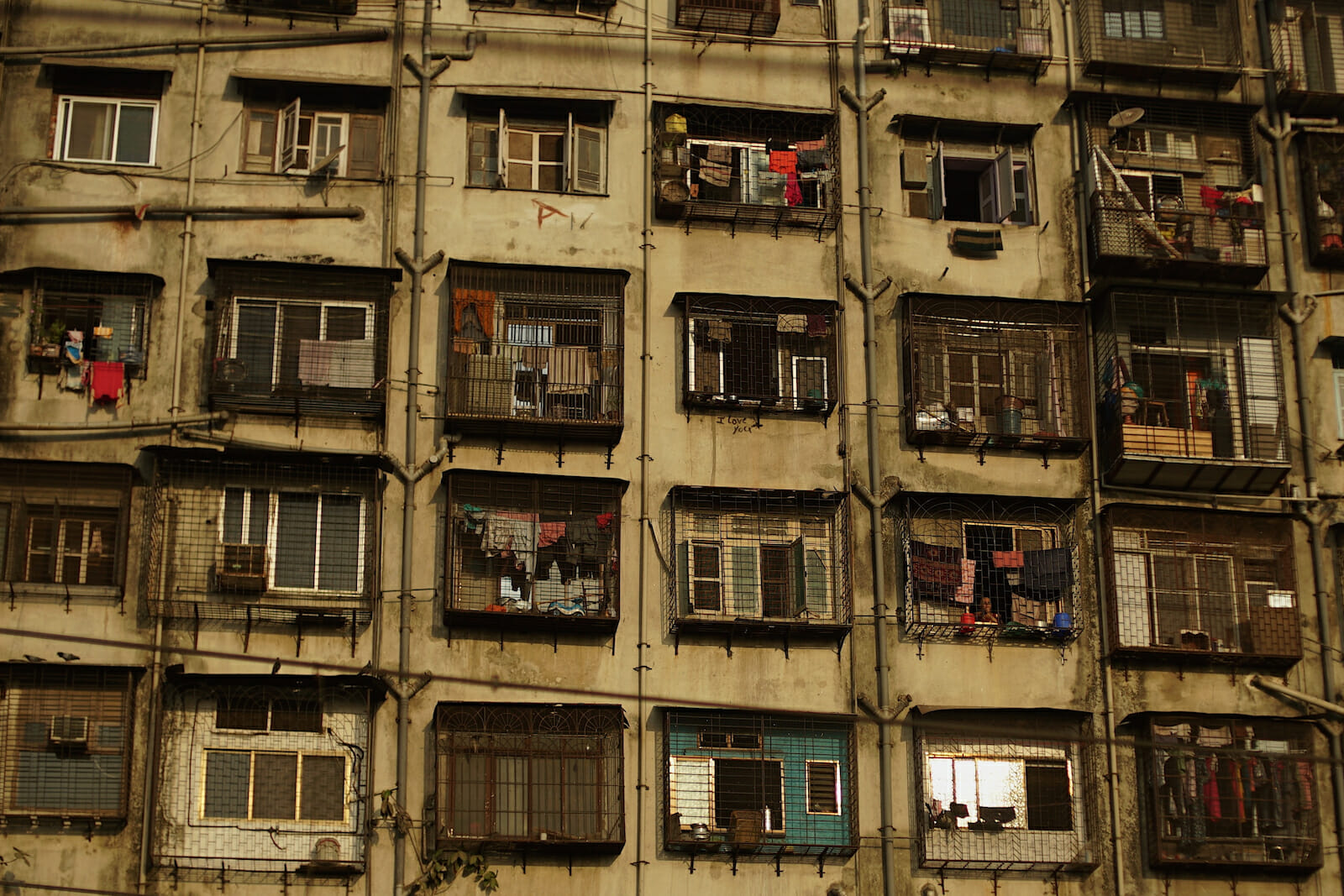
Healthcare and Housing Crises Go Hand in Hand
The COVID-19 pandemic has not only brought on a global healthcare crisis, but also exacerbated poverty issues around the world. The World Bank has warned that 60 million people are at risk of falling into extreme poverty due to the virus, while the UN highlights how women are disproportionately affected by its economic fallout. Progress against poverty is now expected to stall by as much as a decade, leaving countless individuals without access to affordable housing – a basic human right.
Chief among these issues is the rampant problem of homelessness. High living costs and lack of space means that housing was already a grave concern for millions of people worldwide, but the pandemic has made a difficult situation even harder –in the developing world but also in wealthy countries like the U.S. and the UK. To ensure millions of people don’t fall through the gaps in a system rigged against them, governments around the globe must institute policies aimed at alleviating the current impacts of the crisis and future-proofing their citizens against further shocks.
A basic human right
At the outset of the coronavirus outbreak, the UN’s advice on how best to combat the disease was as unequivocal as it was straightforward: stay home, wash your hands, and maintain your distance from others. In order to practice the first two (and arguably all three) of these, some form of housing is a basic necessity, yet 1.8 billion people across the globe are either homeless or living in abhorrent conditions. That in itself is a violation of their basic human rights.
The pandemic has only made that problem more pronounced. The economic downturn means countless households cannot afford their rent, leading to evictions on a widespread scale. While several countries have implemented moratoriums on evictions until the crisis has passed, plenty haven’t done so; thousands have been turfed out of their accommodation at the most desperate of junctures. As many as 20,000 people in India were forced from their homes between March and July, while 8,000 more are newly homeless in Kenya.
In Brazil, as the economy shrank by 9% this year, 80% of the populace is suffering a negative financial impact. In São Paulo alone, 1,700 families have been forcibly evicted from their homes since the beginning of the pandemic. Nonetheless, President Jair Bolsonaro continues to downplay the severity of the situation, even vetoing a bill in June to safeguard the most vulnerable.
Wreaking havoc on the housing market
Even in places where moratoriums on eviction are in place, the housing crisis is becoming more entrenched. In the UK, 8.4 million Britons are living in unaffordable, insecure, or unsuitable homes. 227,000 households have fallen behind on their rental payments since the start of the outbreak, 174,000 of which have already been threatened with eviction. The moratorium put in place by the Conservative government expired last month, meaning a significant percentage of the English population is now at risk of homelessness.
The impact of the virus extends to the real estate market as well, which completely shut down during the pandemic. The confinement measures applied by the government ultimately derailed as many as 124,000 home sales valued at £27 billion. Amid buyers seeing their mortgages and re-mortgages withdrawn, three in ten homeowners and would-be homebuyers lost their exchange deposit as a result of the shutdown.
Even as the British real estate market recouped some of that lost ground in the weeks and months following confinement, helped along by a government tax holiday, the unexpected shock of the confinement and the strict conditions now being imposed by British banks for mortgages means most first-time or less affluent potential buyers will likely have to abandon those plans for the foreseeable future.
The United States, where almost half of the populace were already devoting more than a third of their income to rent before the crisis and 10.9 million households spent over half, has seen similar trends. Soaring costs and a dearth of affordable living spaces has people worrying about how they will pay their rent. Unsurprisingly, the problem is more pronounced among persons of color. In July, 42% of Black renters and 49% of Hispanic ones said they had little to no confidence in their ability to afford next month’s lease, compared to just 13% of white households.
While President Donald Trump has announced a nationwide moratorium on evictions until the end of the year, arrears are still accruing and a lack of economic support packages means there is no monetary help for those who can’t meet their obligations. As a result, as many as 40 million people could ultimately be at risk of eviction.
Proactive, not reactive
There are, however, positive steps being taken by other governments around the world. In the UK, the Scottish government has invested £3.5 billion into constructing 50,000 affordable homes since 2016, with 35,000 earmarked for social rent. Cities like Melbourne, Paris, and Vancouver are investigating their level of housing vacancies with an eye towards forcing empty properties onto the market.
Forward-thinking, proactive initiatives such as these can turn the tide of homelessness and housing insecurity. Measures like moratoriums are helpful stopgaps, but governments must also address the root causes that makes life in so many metropolitan centers unaffordable. Solving the housing conundrum will require concrete measures equipping disadvantaged communities and younger generations with the ability to put a roof over their own heads.

